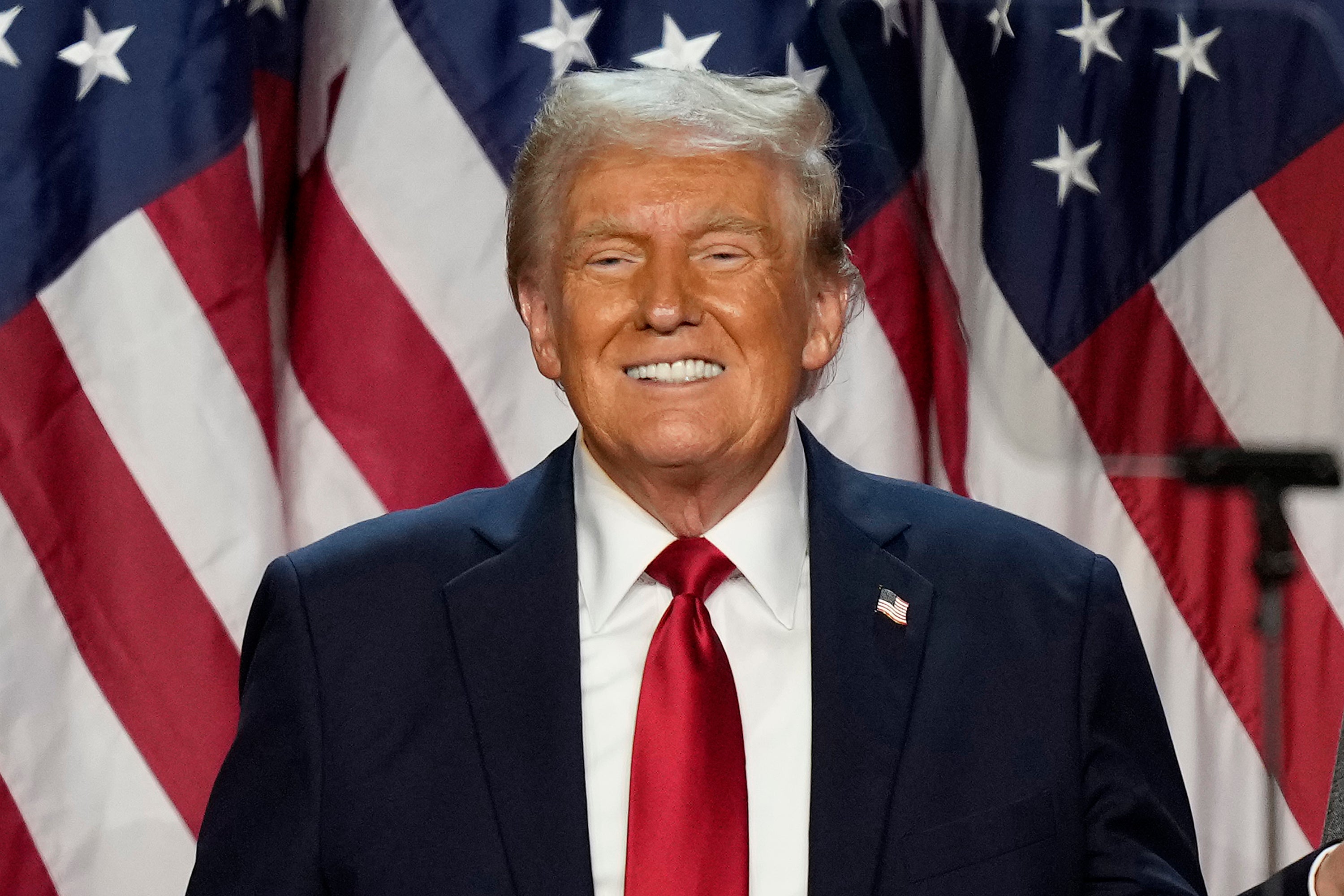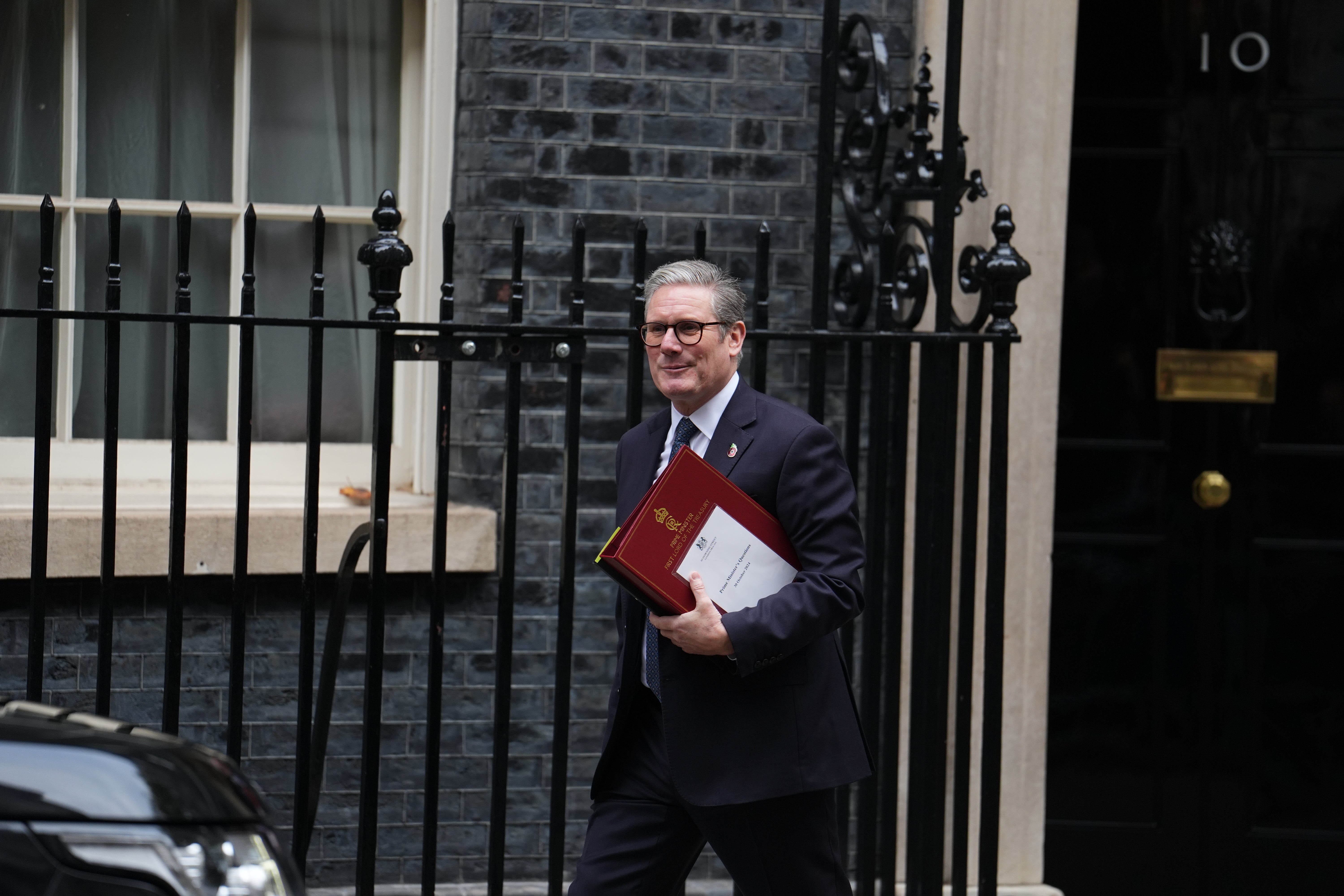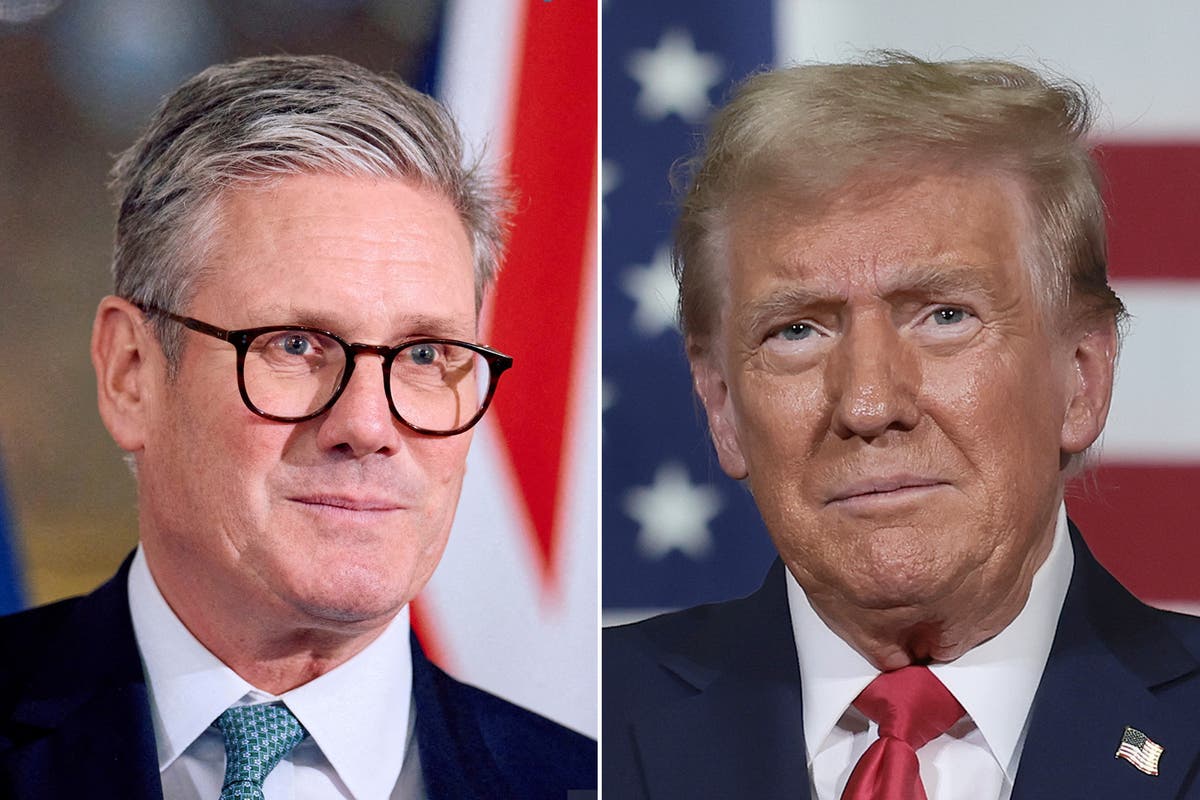With Donald Trump projected to win a crushing victory over Kamala Harris in the US presidential election, Keir Starmer’s dream of a social democratic, centre left version of the famous Thatcher/ Reagan partnership between Downing Street and the White House is in tatters.
Instead, the prime minister is now faced with a US adminstration he is not just far away from ideologically, but one which is openly hostile to a Labour government that Trump’s campaign team previously described as “far left”.
The recent court case opened by the Trump team over alleged foreign interference in the US election by Labour for sending 100 volunteers across to support the Harris campaign, lifted the lid on the deep animosity that the MAGA Republicans have for Starmer, his party and his government.

The fallout had undone months of meticulous diplomacy by Labour preparing for this possible eventuality, which had culminated a few weeks ago with what seemed to be a positive meeting between Starmer and Trump in New York.
But the problem Labour has always faced is that their efforts have been led by a foreign secretary David Lammy who described Trump “a neo-Nazi sociopath”. Mr Lammy had put in hard yards to rebuild relations with the Republicans and US hard right, even defending Trump’s incendiary comments on Nato, but the 45th and soon-to-be 47th president is not someone who easily forgives insults and slights.
Now Labour’s problems are compounded by Brexit. When Sir Keir visited Brussels to meet Ursula von der Leyen and other senior EU figures last month, journalists who went with him commented on how empty the EU capital was and how little interest there was in a Starmer visit. His efforts for an EU reset are now perhaps more urgent than ever now but there are serious questions on whether the prime minister is willing to be ambitious enough to spark interest in the UK.
He faces a problem that Britain will no longer be seen as the bridge to America with a Trump administration in the White House. That role disconcertingly may now fall to Hungary and its hard-right prime minister Viktor Orban, who was a regular visiter to Trump and a political ally.
Nowhere will this be felt more though than Ukraine. The UK as been the biggest cheerleader of military support and aid against Russia. But the EU states, while politicially supportive, have been reluctant to pay and now it appears a Trump administration will try to force a deal with Putin’s Russia. Sir Keir and the UK will be powerless to uphold the international coalition.
The hard and far-right in Europe will be boosted by what has happened in America. The only UK politician to come out of this happy will be Nigel Farage, who can now start thinking about welcoming Mr Trump to Clacton. He was lauded again by the former and soon-to-be president just this week and the two men are friends.

Mr Farage has genuine hopes and ambitions to lead his Reform UK party to victory at the next election and at the very least replace the Tories. What has happened in America certainly gives him succour.
But worse still, the far-right in the UK and elsewhere may be emboldened. Trump’s circle have openly praised Tommy Robinson and supporters like Elon Musk, who claimed that civil war in the UK was “inevitable” during riots across the country this summer and branded the prime minister “two-tier Keir” over policiing of the disorder.
Meanwhile, it leaves the new Tory leader Kemi Badenoch and her new shadow foreign secretary Dam Priti Patel in a difficult spot. Both have good Republican links and Florida governor Ron DeSantis endorsed Ms Badenoch. But neither are close to the Trump camp. It is a different type of Republicanism and one which will help Reform establish itself and not the the Tories make a comeback.
But the person with the biggest headache will be Sir Keir. His best international ally now is German chancellor Olaf Scholz. Unfortunately, Scholz will struggle to stay in power when his country holds its national election next year.

